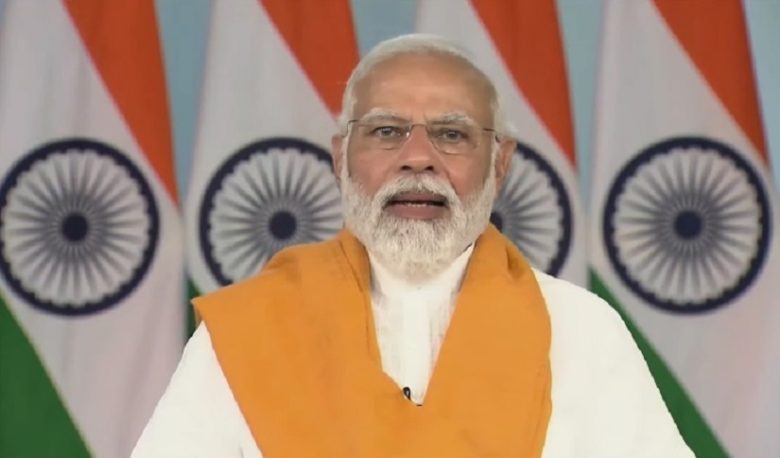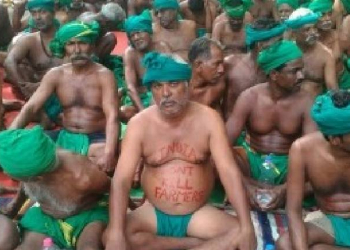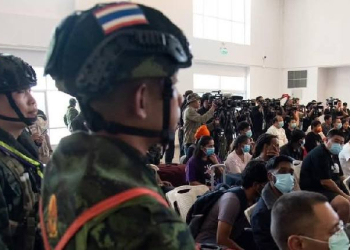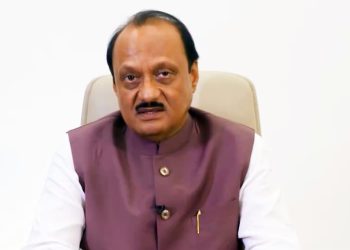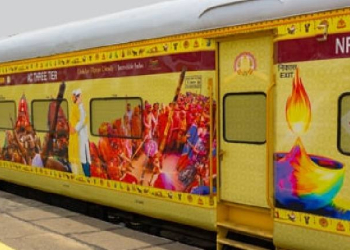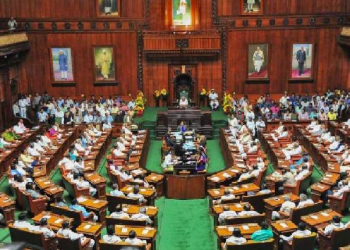New Delhi: Official language Hindi got a bigger push after 2014 when Prime Minister Narendra Modi decided to opt for Hindi as the medium of running the government and this has definitely increased the importance of Hindi, officials said.
They said that now the time has come to make the Official Language an important part of the unity of the country.
Nowadays, more focus is being put on Hindi and officials have been encouraged to use it as the language of communication for all the correspondence and day to day affairs of the government, they stated.
The officials added that all the Ministers and Prime Minister Modi address officials’ meetings in Hindi and all government releases are made in Hindi and then get translated into English.
They said that the pace at which the current Official Language Committee is working has rarely been seen before and that also reflected in the functioning of the government.
A government source said that over 65 percent of the officials’ work is being done in the Official Language in all Public Sector Units of the Central government and Banks while the percentage is little low in the Ministries.
Apart from celebrating “Rajbhasha Pakhwara” on September 14 every year for two weeks, the government has constituted many rewards and cash incentives to promote official languages. the public sector banks and Central PSUs are major winners of these rewards.
Recently, on April 7, presiding over the 37th meeting of the Parliamentary Official Language Committee, Union Home Minister Amit Shah said that over 70 percent of the agenda of the Cabinet is prepared in Hindi now and PM Modi has decided that the medium of running the government is the Official Language, due to which the importance of Hindi will definitely grow.
A source in the government set up said that the Union Home Minister will review the progress of the implementation of the Committee’s 11 reports in July and the Official Language Secretary under the Home Ministry will apprise the Members about the progress of the volume wise implementation of the recommendations made by the Committee.
A senior official who is aware of these developments said that the suggestion made by the Home Minister to revise and upgrade the Hindi Dictionary and add some words from the regional languages will definitely boost the use of Hindi in official working and communications.
Reacting to the controversy over Amit Shah’s statement that Hindi should be accepted as an alternative to English, he said that the Official Language is not an alternative to the local languages and this way, the regional languages will also prosper.
Citing the example that Officers of the Indian Administrative Service and the Indian Police Service are taught the regional languages of the allocated cadre states, he said that this also promotes the regional languages to a greater extent but also needs to make Hindi flexible by accepting words from other local languages that will promote Hindi as well.
During the Official Language Committee meeting the Home Minister said, “Time has come to make the Official Language an important part of the unity of the country, when persons from States which speak other languages communicate with each other, it should be in the language of India.”
Over 22,000 Hindi teachers have been recruited in the eight states of the North East. Also, nine tribal communities of the North East have converted their dialects’ scripts to Devanagari. Apart from this, all the eight states have agreed to make Hindi compulsory in schools up to Class 10, the Minister said.
The use of Hindi in government work has been in practice since long and successive governments have given it importance.
On September 14, 1949 Hindi was adopted as the Official Language of the Constituent Assembly. This decision was ratified by the Constitution of India which came into effect on January 26, 1950. The Devanagari script of Hindi was adopted as the official language under Article 343.
Soon after this declaration non-Hindi speaking states were given a 15-year grace period, till 1965, to make the complete switch over to Hindi. It was believed that Hindi would become the sole working language of the Central Government and the State governments were expected to communicate with the Centre only in Hindi but the massive protests in the southern states stymied it.
(IANS)



